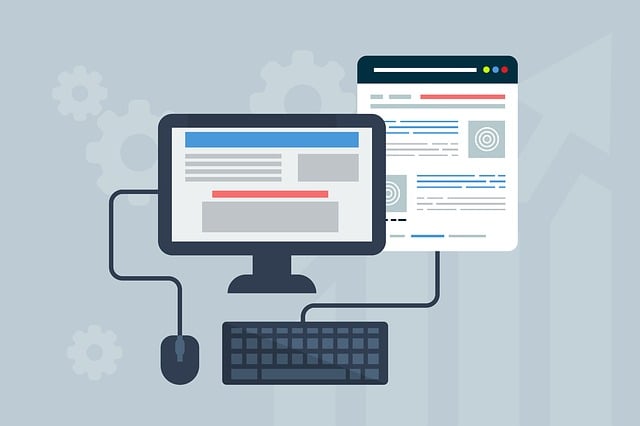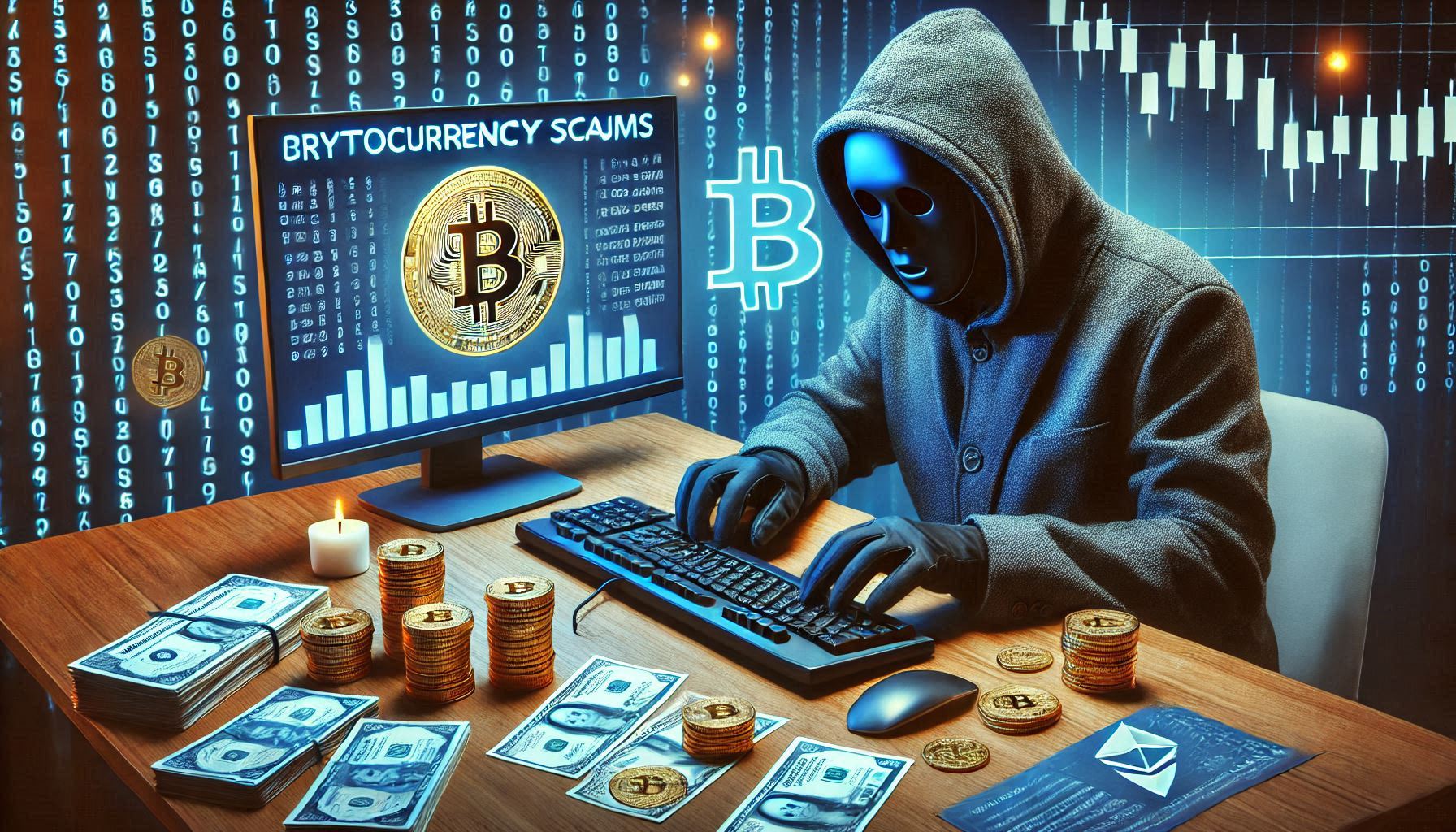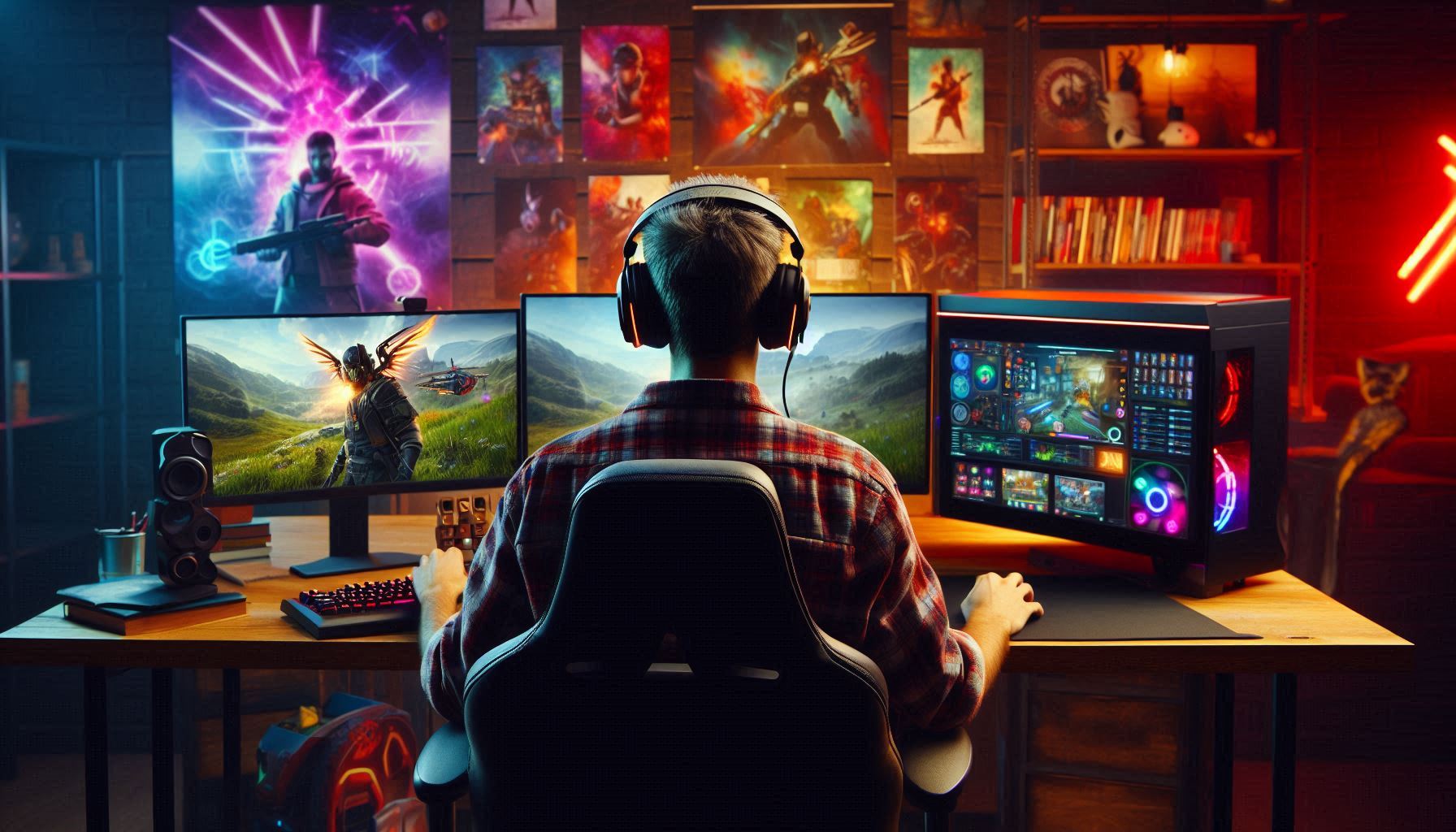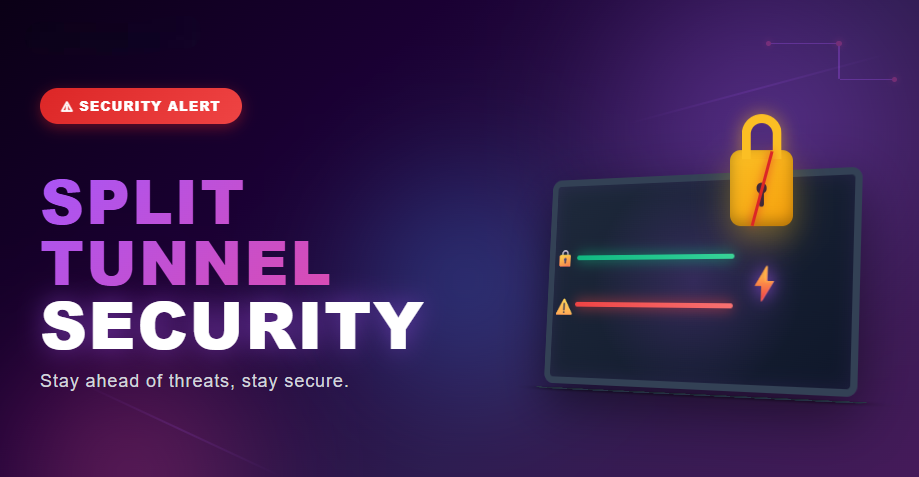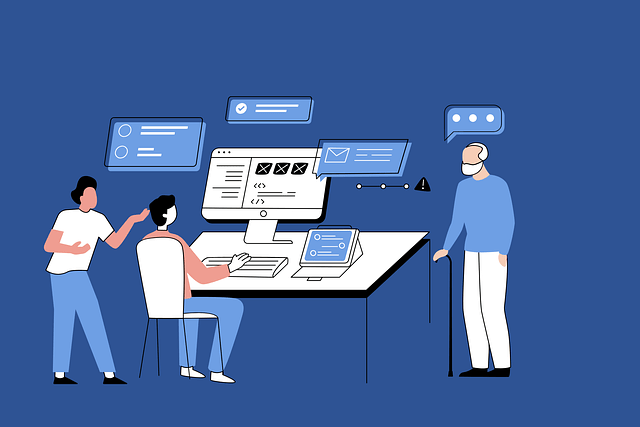Your Data Is Being Watched: How a VPN Can Shield You from Cyber Spies and Hackers
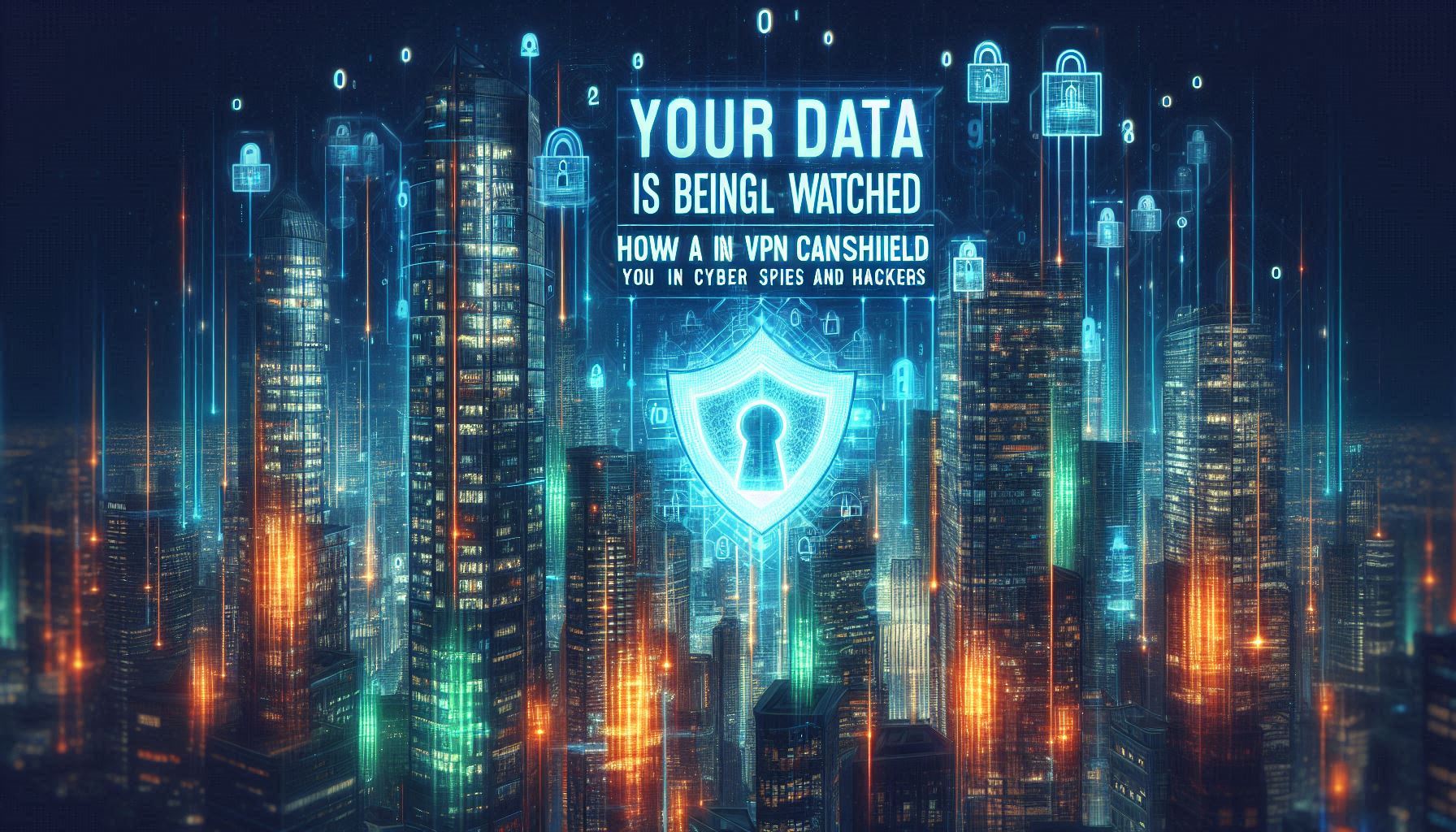
Our information is weak each day, and oddly not one but more than thirty billion records comprise data breaches in 2023. This single figure gives a good top line view of the increasing menace of hackers, corporations, and governments spying on us.
Let’s consider the recent attack in July this year, when hackers gained control over the official Twitter accounts of the high-profile personalities such as Barack Obama, Elon Musk, Bill Gates, Jeff Bezos, as well as that of Bitcoin, and its co-founder Jack DaleCP&D gained access to over 130 Twitter accounts, including those of high-profile personalities, Barack Obama, Elon Musk, Bill Gates, Jeff Bezos, and the bitcoin company and its This proves how lives are at risk over the social media posts and just how bare our information is over the Internet.
In this article, viewers will discover the danger of online surveillance and learn how a VPN aids protects your privacy and combats cybercrime. By the end you will learn the need to protecting your online identity in a world that is much more dangerous online.
What Does It Mean to Be “Watched” Online?
Monitoring one’s actions and being informed that somebody is always watching have become a common phenomenon in the world that is closely connected by the Internet. Data tracking means tracking user-data over the internet with approaches like cookies, and many other hacking methods. This way, a number of different actors can track our activities online, without our being able to give express consent, raising stark privacy issues.
Types of Online Monitoring
- Hackers:
Cyber criminals acting in benefit for themselves or out of ill-will, attempt to disrupt personal and fiscal data as they hunt for weaknesses in computing networks. Some of these include phishing, a process whereby they send emails containing links that when clicked on download a virus to the target computer; malware, from the Italian mal software, this is a software that is designed to damage a computer system, and often the aim is to access private information for instance credit card details with a view of embezzling the owner’s money. - Advertisers and Data Brokers:
They follow users so that they can compile dossiers to serve relevant advertisements. They acquire data on clients’ browsing activity and purchase histories, and social media activity, so that they can serve advertisements that the user wants—though at the cost of personal data. Not only this, they influence consumer behavioural patterns but also present some rather worrying issues of consent and data exploitation. - Government and Internet Service Providers (ISPs):
Governments and ISPs capture user data for different purposes like verifying compliance with the law, or in the pursuit of protecting national security. Though such measures appear to be called for by presumed safety needs, most of them are detrimental to individual privacy and potentially encourage self-censorship.
Impact on Individuals
What it means to be under perpetual surveillance on the internet cannot be reduced to simple privacy invasion. In our case, tracking affects the perception of liberty since it is embarrassing to know that somebody is observing you while you are online. In addition, through constant monitoring, individuals become anxious and stressful each time they have to come to terms with monitoring that goes on into their social media activities. Losing privacy makes a number of questions important about freedom in the context of connecting security in the information age.
Top Risks: How Cyber Spies and Hackers Can Exploit Your Data
Nowadays there is an explosion of digital surveillance that made the cyber spies and hackers to find more ways on how to take advantage of the personal information. It is therefore important to understand the main threats that are posed by tracking in order to guard against them.
Social Engineering and Phishing Attacks
Social manipulation is one popular method of attack used by hackers in which the hacker tricks a victim into providing information. One of the well-known techniques of this strategy is phishing, which includes fraud messages that look like they were sent by a popular source.
They build an illusion of trust based on the users’ names, geo-locations, or even the most recent purchased items. Such exposure can make unsuspecting users click on link embedded by hackers, open emails with poisonous contents or provide their identification details to the wrong people hence their accounts get hacked or own information gets stolen.
Identity Theft and Fraud
Security threats and risks include loss of data whereby personal identification information may be stolen, credit card fraud, fake identity, etc. Each time the hackers get access to personal information as SSN, credit card data, or the account number, the impersonators can open new accounts in the names of customers, or embark on merciless spending sprees.
The repercussions can be severe: monetary loss and credit scores erasure; regaining an identity takes years and a lot of effort.
Invasion of Privacy
Because there is continued monitoring of behavior on the internet, it is easier to collect highly sensitive information such as location, web activities, and even purchases. It can be followed, compiled, and later on sold to advertisers or data brokers, putting one’s privacy at high risk.
The audience is unaware their likes and usage patterns are monitored with an aim of developing advertising features to sell products. This does not only lead to the violation of individual privacy but also a decreased amount of self control over personal information.
Data Leaks
Not even websites with the strongest security mechanisms are safe from data leak where highly confidential data pops out through the cracks in the system or through mistake. These leaks can be caused by wrong database settings, faulty software and lack of security features to protect the data.
After data duality, they are vulnerable to other attacks, which result to other use and abuse of the information by the attackers to the victims. Prominent attacks involving large organizations or even government systems serve to remind organisations that no one is immune from data leakage.
It is essential for any person using the Internet to have this knowledge of risks. More and more cyber spies and hackers are targeting personal data, therefore, the use of appropriate protective measures alongside proactive attitude towards users’ privacy are critical.
The Growing Need for Personal Online Privacy and Security
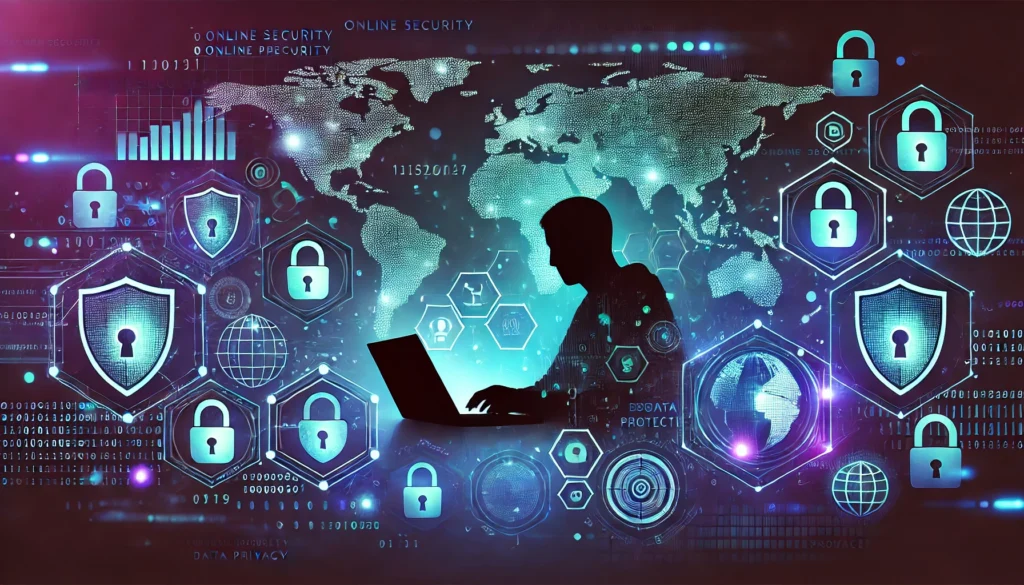
With each passing day involving our lives with technology it has never been important to have personal online privacy and security. The increasing number and sophistication of attacks are considered to draw attention to the threats that exist in the Information Space.
Increasing Frequency of Cyberattacks
Cybercrime is on the rise, with reports indicating that cyberattacks have increased by over 300% since the onset of the COVID-19 pandemic. According to the FBI’s Internet Crime Complaint Center (IC3), they received over 847,000 complaints in 2021 alone, representing a staggering financial loss of over $6.9 billion. These statistics illustrate a disturbing trend where both individuals and organizations are targeted more frequently, leading to a heightened demand for effective online security measures.
Privacy Vulnerabilities in Modern Technology
Mobile devices and IoT specifically have become key solutions to many problems and also have become one of the main reasons for increased data exposure. From virtual assistants in homes, refrigerators, ovens, washing machines and even cars, these devices gather a lot of personal data for improving customers’ experiences. But, now, a large number of these devices are not very secure, and hence, anyone can breach in easily. More connected devices mean that criminals have more opportunities to target people’s data and even gain oversight of a home’s functioning.
In addition, the incorporation of IoT in lifestyle, has made many a privacy issue difficult to delineate. For instance, smart home security cameras present the users to surveillance threats because they may be compromised to monitor people’s living spaces. The information generated by such gadgets can be sold or exploited, a situation that sparks some outrage concerning privacy of data as the world goes more and more technological.
Why Everyone is at Risk
A popular myth is that only specific people – stars, managers of large corporations, or famous politicians – are attacked by cybercriminals. Anyone who is on the internet is a potential victim. Hackers use bots which actively sweep the net with a broad net looking for assets to hack, anyone can become a target. Moreover, many attacks happen subsequently, searching for a vulnerable target to infect with help of tricking emails or unsecure WLANs.
Internet remains an independent factor that heightens the severity of such attacks because the offenders can remain unknown while launching their attack hence it becomes difficult for victims to bring the attacker to book or get a refund of lost resources. Therefore, protection and privacy of the individual’s identity in cyberspace becomes relevant to the community. All users can only prevent their information from being stolen and retain anonymity while staying online, and therefore, one should apply various means like VPNs, passwords and software updates.
Considering that at present, computer intrusions become increasingly common, along with the weakness of existing technologies, people should pay more attention to protecting their right to privacy. Cyber criminals are active every where and thus it is crucial for every individual to take some measures to avoid being a victim of the criminals.
How VPNs Can Help Secure Against Online and Digital Threats
Virtual Private Networks (VPNs) play a crucial role in protecting users from various online and digital threats. Here’s how they enhance security and privacy:
1. Data Encryption
VPNs keep your internet connection secure because your information is encrypted as it travels through the internet so that it cannot be intercepted. It shields user data—that which may include passwords, the user’s financial information or messages from being captured by criminals particularly when the common networks are being used like the ‘open Wi-Fi’.
2. IP Address Masking
Basically when you are using a VPN your original IP address is masked and you are provided with a new one from the server to which you are connected. Such masking also serves to ensure that web sites, advertisers and hackers do not follow your activity online and locate you physically. VPNs disassembles your identity thus minimizing chances of undergoing a targeted attack and profiling.
3. Protection on Public Wi-Fi
There are vast connections to Public Wi-Fi which are open doors to being breached without being protected by any kind of encryption. VPN provides an end to end secure channel for the transmission of your data and your data is protected from attackers who would also wish to intercept your data such as in eavesdropping and man in the middle attacks. When searching for information in cafes, airports or even hotels it is especially important to have it.
4. Defense Against ISP Tracking
While using the Internet you have no control over the Internet Service Providers (ISPs) that can surveil your activity and gain information about your surfing patterns. VPNs block ISPs from viewing the traffic which helps keep your behavior online personal. This is getting crucial at the moment as ISP’s may sell user data or slow down the internet connection depending on usage.
5. Bypassing Geo-Restrictions
VPN enables a user to get an access to content that may be limited due to geographical position. Through serving connection with varied countries, it is easy to overcome censorship and be able to look at websites and services that are prohibited, safe your right to information.
6. Enhanced Security for Remote Work
As more organizations shifted to work-from-home setups, VPNs enable secure connection to company’s networks. They make it possible for employees to connect to their company’s internal systems safely so that important business data is shielded from outsiders.
7. Mitigating Phishing and Malware Risks
VPNs themselves do not protect against phishing or malware attacks, but the main constituent effects of VPNs make it less probable for an attacker to target the particular IP address being used. Also many of VPN services provide options for filtering dangerous sites and improving the safety of internet in general.
8. Improved Security for Online Gaming
The lives of gamers are end hurtler and the threats which they have to face include DDoS attack and tracking their IP addresses. These threats can be fought off by a VPN since your actual IP address will not be exposed to the public internet, and your connection to the servers will be encrypted.
VPNs are effective in improving people’s safety on the internet and defending against dangers. They do this by offering good encryptions, boosting privacy through IP masking and offering secure connections thus ensuring users surfing is more secure. If you are just casually surfing the web, working from home, or an avid gamer, integrating a VPN will cut down your risk of getting attacked by hackers or malware.
Common Misconceptions About VPNs
1. VPNs Provide Total Anonymity
Another important myth that people hold regarding VPN is that they provide an opportunity to be anonymous on the internet. Nevertheless there is the fact that VPNs provide a high level of privacy by encrypting your traffic and hiding your IP address, they cannot make you fully anonymous. It is possible to get logged even with the help of the best VPNs for those who have certain logging policies, your behavior on the internet, and the sites you attend regularly.
Further, some activities such as logging into personal accounts which call for personal details erode anonymity because one’s identity can still be retrieved through the accounts. It is necessary as well to provide some clarifications: VPNs are a helpful privacy tool even though they should not be the only measure to protect your privacy online.
2. Only Criminals Use VPNs
Another falsehood is that only the offenders use VPN, or people with some malintent, or those who seek to unlawfully do something. Such perception may discourage the ordinary internet users from using the VPN services. In fact, VPNs are critically important for anyone concerned with their online security and anonymity. They are utilised by journalists, activists, and regular folk who would like to keep their information safe from the hackers, advertisers and, sometimes, the government’s prying eyes.
VPN are useful in preserving the privacy of individuals in the current world, which is characterized by the app generation collection and sale of personal information. Therefore, a VPN connection cannot be considered as a sign of unlawful activity but rather as an appropriate manner to secure the individual’s identity on the net.
3. Free VPNs are Safe to Use
Although, using free VPN’s may seem like a good idea, they have serious drawbacks. Essential facts about free VPNs include selling of customer data and further presenting advertisements which intrusively interfere with the privacy people require. Also, using a free VPN prolonged, you are exposed to data interception due to weak security features like low encryption standards or no no-log policy at all.
In fact, some free services can be reverse containing Malware or any other unwanted material. For those who are concern with their privacy while browsing the internet should be very weary when using a free VPN and experience much better security when paying for a good VPN service.
To make accurate decisions about one’s privacy and security on the World Wide Web, one must be knowledgeable regarding the misconceptions of VPNs. VPN improves your privacy, you, and the majority of users, and while there are free VPNs, it’s usually better to consider the cons that come with free VPN than their pros. Understanding the strengths and weaknesses of VPNs enables the user apply them correctly in the safety plan.
Additional Privacy Tips for Complete Digital Security
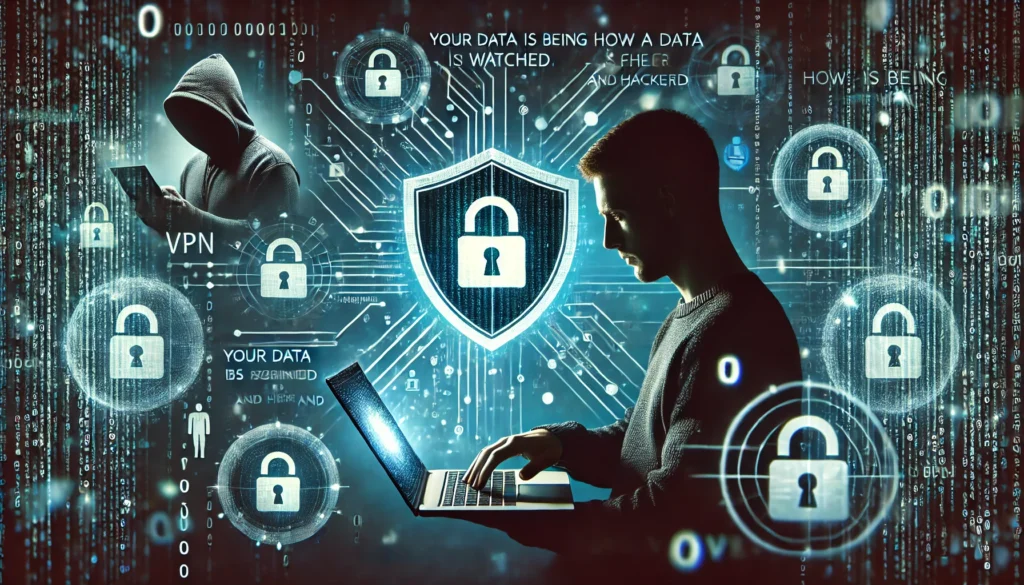
1. Use Strong Passwords and 2FA
The common mistake is the usage of complex passwords to secure accounts, and fewer people should make it. Additional security can be had by entering into a two-factor authentication which adds another level of input other than a password.
2. Secure Your Browser
How to improve your browser privacy by turning off third-party cookies and trackers. Follow these step Bold marine delegatesuckduckgo. com; moreover one should also install add-ons that hinder ads and tracking systems for secure surfing.
3. Update Devices and Software Regularly
Update all your devices as well as the software in the computers to avoid fall prey of the security threats. You need to turn on the update for your operating systems and applications to get the latest patch updates on security.
Adoption of the above given privacy tips will boost your security when using the internet and will further improve your security besides using VPN, so as to protect your information in the new world.
Conclusion: Stay Protected—It’s Worth the Peace of Mind
With so many dangers lurking on the Internet it is more important than ever to take your privacy back. A VPN is really an essential tool to help with protecting your data and your IP address from prying eyes of hackers, advertisers, and stalking trackers.
The consequences of staying vulnerable include identity theft, fraud and basically lack of personal privacy which makes it prudent for people to take action. Prevention should not be put off to the last minute of the likelihood of the break-in being on the process before your data is protected.
To help you, we suggest looking at our chosen VPN providers in order to join the one that fits best. To summaries, subscribing for a good VPN protects your browsing experience in the virtual environment. Valuing your privacy isn’t just about safeguarding your information; it’s about feeling assured and comfortable when sharing your information in a world that constantly seemed to be getting more interconnected.
Frequently Asked Questions About VPNs and Cybersecurity
1. Can a VPN Stop All Hacks?
No, a VPN improves your security because it encrypts your connection to the internet but can’t protect you from all hacks. Security questions and answers should be only one of the security measures you apply along with using a powerful password and antivirus system.
2. Is a VPN Legal Everywhere?
While using VPN is legal all over the world, some countries have restrictions or bans their citizens from using the services. Before utilizing a VPN it is important to ensure that the country’s laws allow it to be used.
3. How Much Does a Good VPN Cost?
A good VPN must cost anywhere between $3 and $15 per month. Although the free VPN has some advantages, paid VPN service provides better protection and has better characteristics.
Loading newsletter form...

